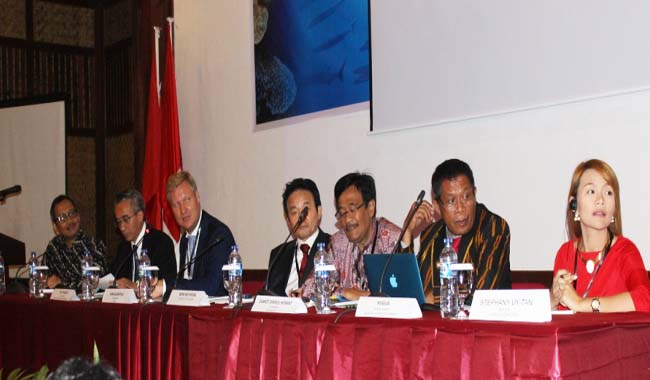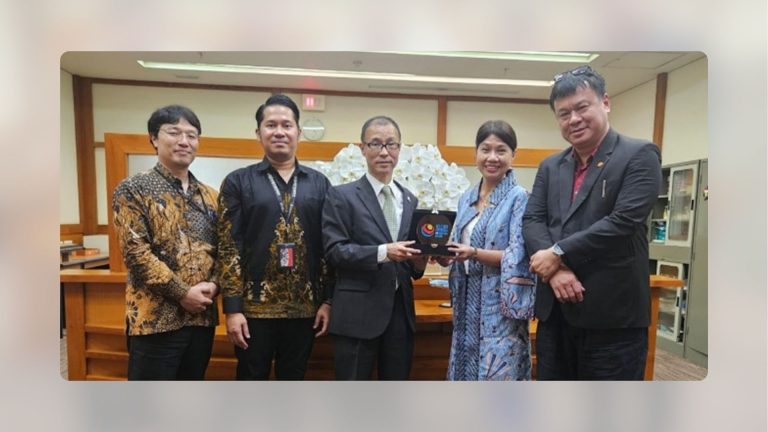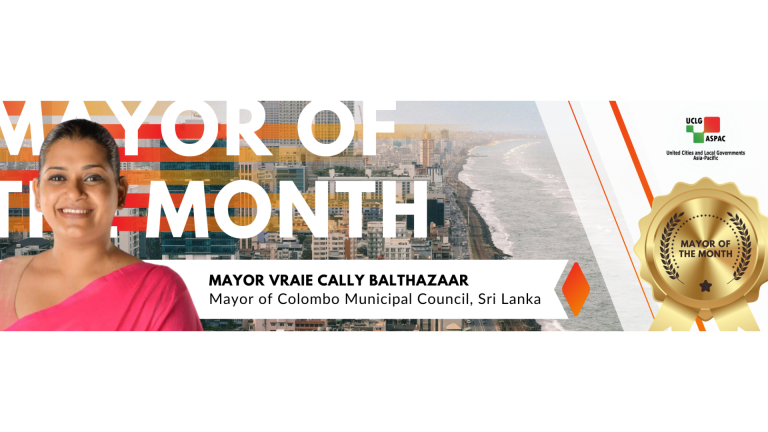[et_pb_section admin_label=”section”][et_pb_row admin_label=”row”][et_pb_column type=”4_4″][et_pb_image admin_label=”Image” src=”http://uclg-aspac.dev.rokutsan.com/wp-content/uploads/2015/09/Wakatobi_Asia_Pacific_Conference_by_Zona_Sultra.jpg” show_in_lightbox=”off” url_new_window=”off” animation=”off” sticky=”off” align=”center” force_fullwidth=”off” always_center_on_mobile=”on” use_border_color=”off” border_color=”#ffffff” border_style=”solid”] [/et_pb_image][et_pb_text admin_label=”Text” background_layout=”light” text_orientation=”left” use_border_color=”off” border_color=”#ffffff” border_style=”solid”]
We, more than 100 representatives of cities and local governments of Asia Pacific, international organizations and local government associations, participating at the Asia Pacific Conference on “Local Government Voices towards Habitat III on a New Urban Agenda” have gathered from 5 to 7 September 2015 in the Regency of Wakatobi, Indonesia.
Expressing our gratitude to the Regency of Wakatobi – one of the most diverse marine biodiversity hotspots in the world – for hosting this important event set to align our collective goals and agenda in the preparations for the Habitat III Conference that will approve the New Urban Agenda for the next 20 years, and including the preparatory events leading up to it.
Recognizing that cities, local and regional governments have a central role in the shaping of a New Urban Agenda, which is the focus of the Second World Assembly of Local and Regional Authorities, to be held in Quito, Ecuador on October 2016, during Habitat III. Habitat III aims to find the solutions and means of implementation to realize sustainable urbanization.
Taking into account the dialogue and discussions between local leaders that emphasized the importance of good governance, sustainable urbanization, the shift to low carbon societies to tackle climate change, and spreading the benefits of economic prosperity that cities produce.
Concerned about the needs to reduce the gaps and inadequacies for creating sustainable human settlements – such as investments in infrastructure as well as in human resources, structural reforms, mobilization of domestic resources, and disaster preparedness and resilience.
Acknowledging that the way forward to address common problems is through human-centered development and an integrated and holistic approach.
Welcoming the recognition of cities and local governments’ role as actors of development within the new development agenda post-2015, and specially their importance to ensure the localisation of the new Sustainable Development Goals as mentioned both within the “Transforming our World” declaration adopted by the United Nations and by the “Addis Ababa Declaration” on Financing for Development”.
Firmly believing that transforming cities from places where pollution, poverty, and unemployment prevail into livable and sustainable places with opportunities for all is possible, as we have learnt from the experiences shared in Wakatobi from diverse local governments in the Asia Pacific region.
We hereby declare that the following priorities should be taken into account in the preparations for Habitat III, the Third United Nations Conference on Housing and Sustainable Urban Development:
- Progress in providing the enabling environment that cities and local governments need to carry out and maximize their roles. Leaders and citizens must both assume their responsibilities, while an enabling environment (legal, administrative, and financial) is the necessary background for an empowered society.
- Embedding the principles of good governance, and including transparency, accountability, and people’s participation, in the various functions of cities and local governments, such as in financial management, electoral processes, or public consultations. Including educating the citizens, especially the children and youth, about sustainability and the values and practices necessary to achieve it.
- The integration of culture in development planning. Culture as the fourth pillar of sustainable development is essential for humanity. It is a source of people’s identity and is integral to inspiring and informing the society for long-term strategies. Culture encompasses tangible heritage such as historical buildings, as well as values, traditions, and customs that are practiced and observed in daily life.
- The development of sustainable human settlements, and especially urban areas will continue to endure rapid growth. Successful models of transformation are evident in many cities and local governments. Physical infrastructure such as sports and medical facilities, schools, public spaces, efficient transportation and the use of technology in delivering different services all contribute and enrich the quality of life and the well-being of people.
- The promotion of harmonizing nature, ecology, and development, particularly in urban areas. To advocate for green and low-carbon societies that promote balancing economic growth and respect for the environment and its finite resources. Mainly, to focus on water issues, solid waste management, and alternative energies.
To achieve this, we are determined to:
- Bridge the division in different levels, recognizing that the interaction of global authorities, regional and bilateral cooperation and mutual support are key to relationships that have the quality to transform communities.
- Work in collaboration with national governments towards creating enabling environments, beginning with the creation and mobilization of a knowledge management center. Sharing knowledge and good and SMART practices, enhancing skills, training and capacity building across thematic areas.
- Strengthen and expand access to the different sources of funding to support common initiatives and programs.
- Guarantee inclusiveness and ensure that all sectors and groups of society (particularly women and children, and persons with disabilities) effectively participate in planning and implementing activities in our local governments, utilizing their full potential.
- Redefine leadership in our work, as both being at the helm of steering the development and implementation of development plans, but also as servants of the people. Towards this end, it is our priority to use the available tools and instruments to re-gain and strengthen people’s trust in local government.
- Follow through and ensure that the voice of local governments is heard in all negotiations, leading up to the Habitat III Conference in Quito, Ecuador in 2016, as the new urban agenda will have to be implemented locally and will never be successful without the action of local governments and their associations.
- Work together towards the implementation of Sustainable Development Goal number 11, “Making cities and human settlements inclusive, safe, resilient, and sustainable” as well as supporting the local implementation of the new global development agenda post 2015, recently adopted by the United Nations General Agenda.
- Strengthen existing local government associations to cascade and guide member local governments to achieve the priorities and commitments set in this declaration.
In conclusion, we only have one Mother Earth to protect, preserve, and love for the people to have tranquility, harmony and rhythm; we should be one and be together, as together, we can make this a better world for all of us, for our children, and the next generation.
***
This declaration will be submitted to high-level meetings including the 6th Asia Pacific Urban Forum organized by the United Nations and the Government of Indonesia, to be held in Jakarta, Indonesia in October 2015.
Photo credit: Courtesy of Zona Sultra
[/et_pb_text][/et_pb_column][/et_pb_row][/et_pb_section]











